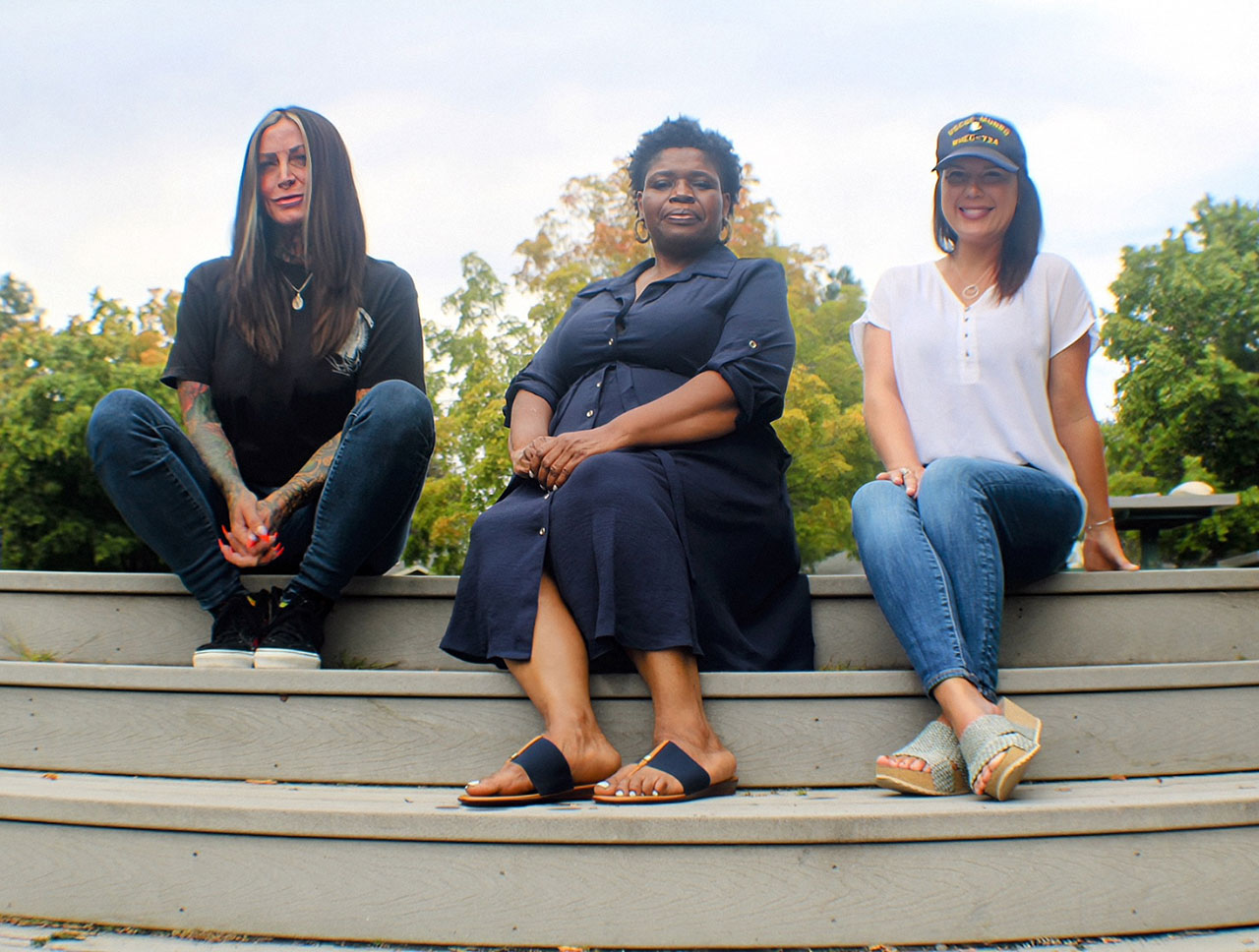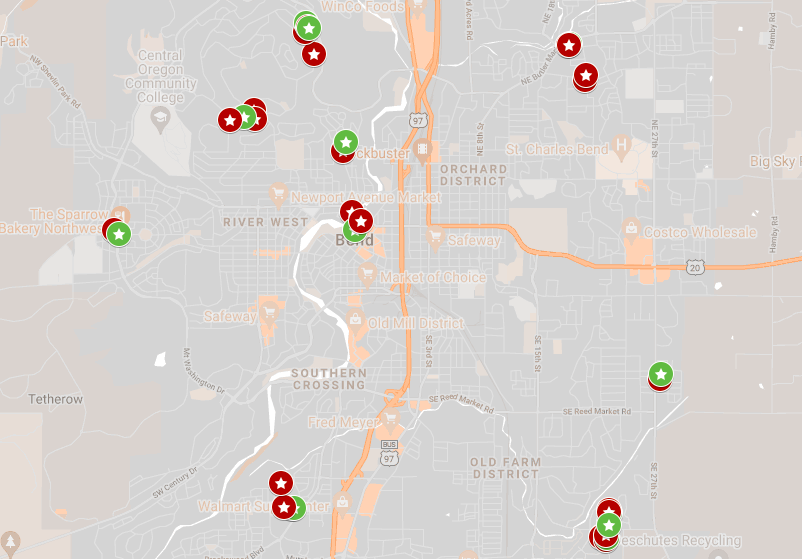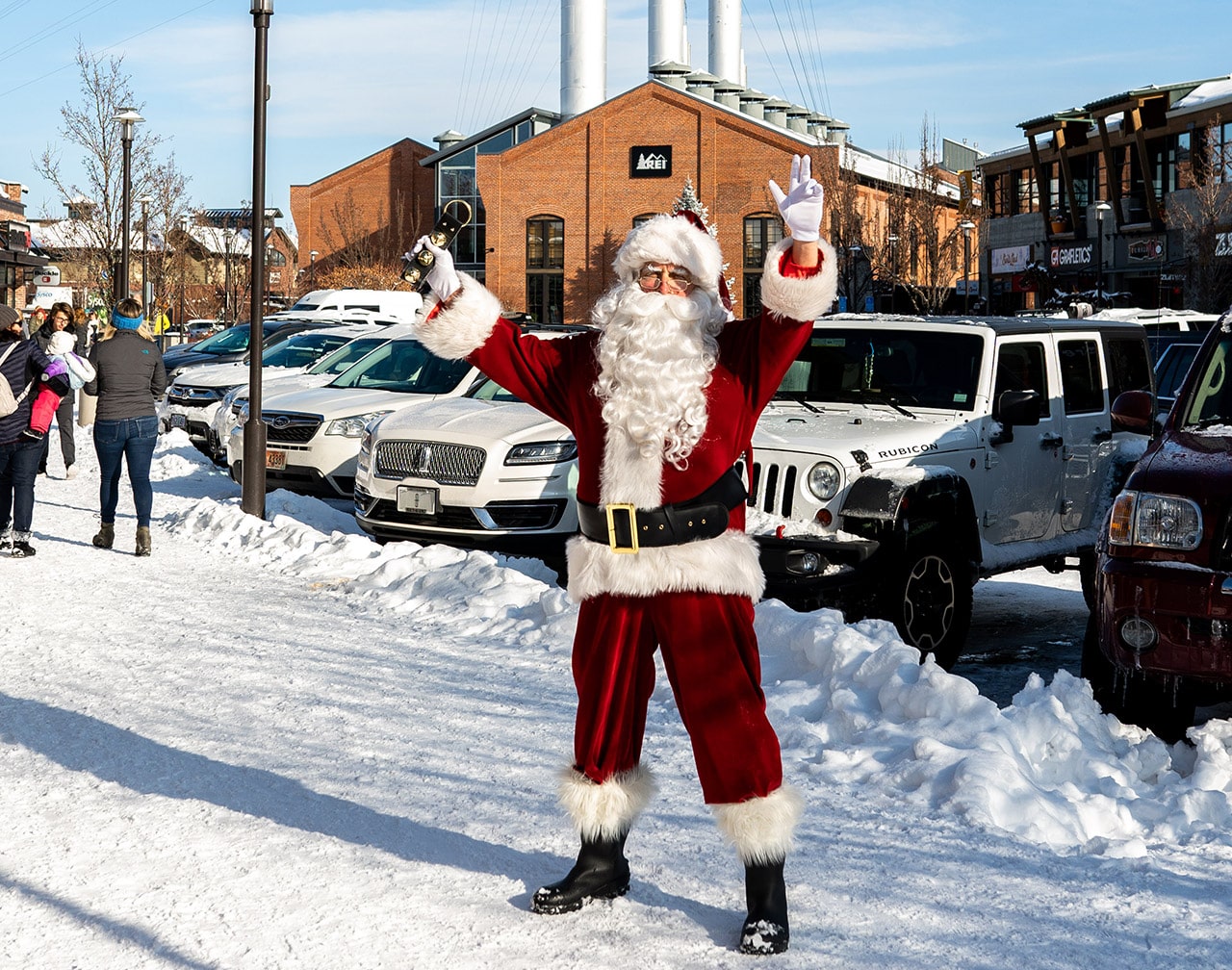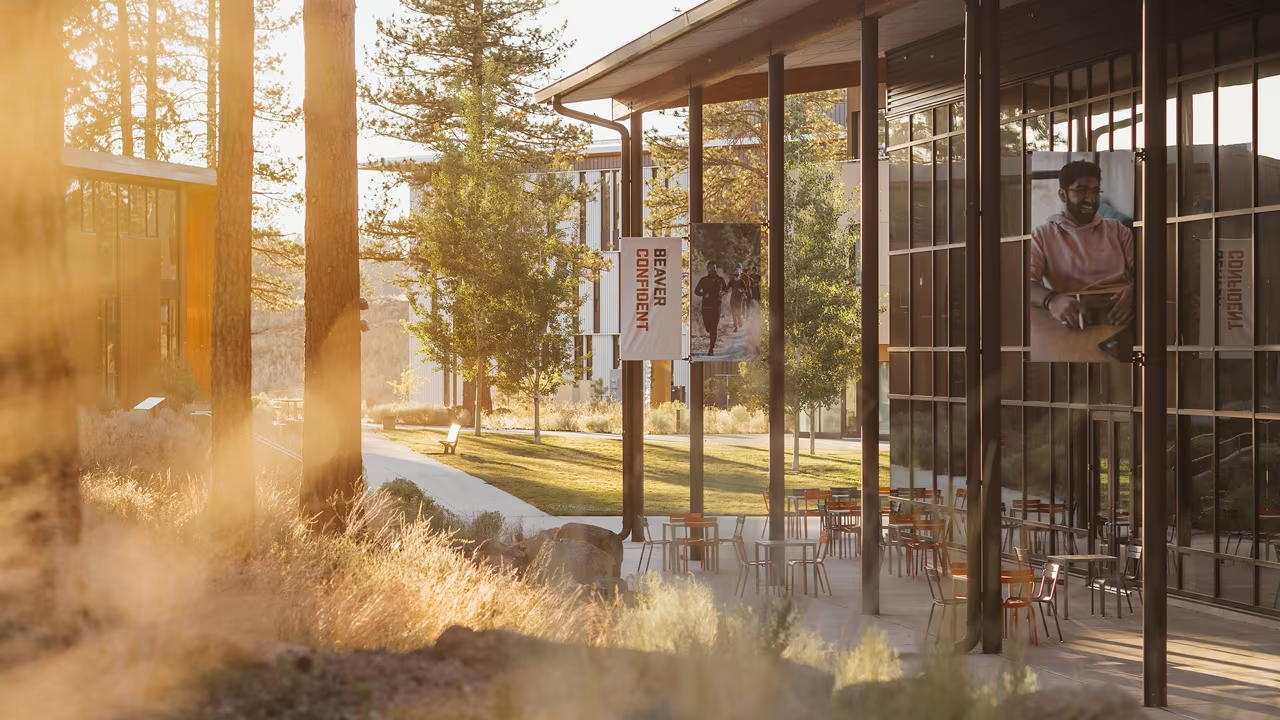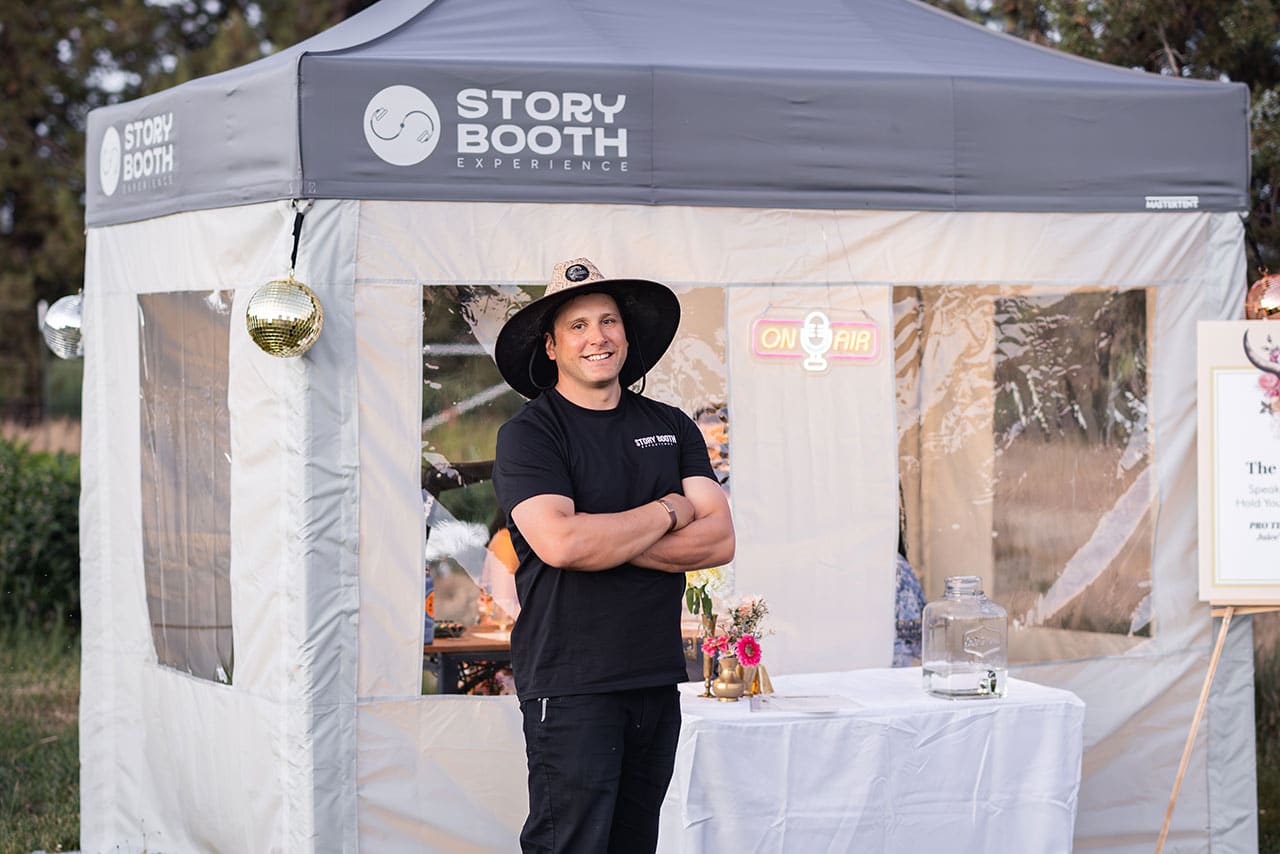There’s a distinguished group of people who don’t need the word “super” in front of “hero,” because their feats of heroism are real. Their origin stories are also more humbling. This heroic group is honored each Veterans Day, a federal holiday on November 11 recognizing United States Armed Forces military veterans.
While all veterans deserve recognition, there are organizations, volunteers, and veterans across the country and in Central Oregon working to honor more military women who have historically received less acknowledgment.
In March 2024, Central Oregon Community College (COCC) hosted “I Am Not Invisible,” a campaign started in 2017 by the U.S. Center for Women Veterans (CWV) to recognize some of the more than two million female veterans who make up 10% of the military population. To date, the CWV project has crossed 50 states to capture more than 3,200 portraits of female veterans, including women of Oregon who shared their stories — especially about lack of recognition and barriers they face to access health care and additional resources.
Meet Local Female Veterans
Inspired by the exhibit, local veterans Debbie Restivo, Kristi Russ and Anita Sergeant audio-recorded their military stories with the Library of Congress Veteran History Project, a program of COCC. The project uses trained volunteers to interview veterans, thereby preserving their stories for an online public audio library.
In their words, Restivo, Russ and Sergeant share their stories.
Debbie Restivo
U.S. Marine, Communication Operator (1990-1994)
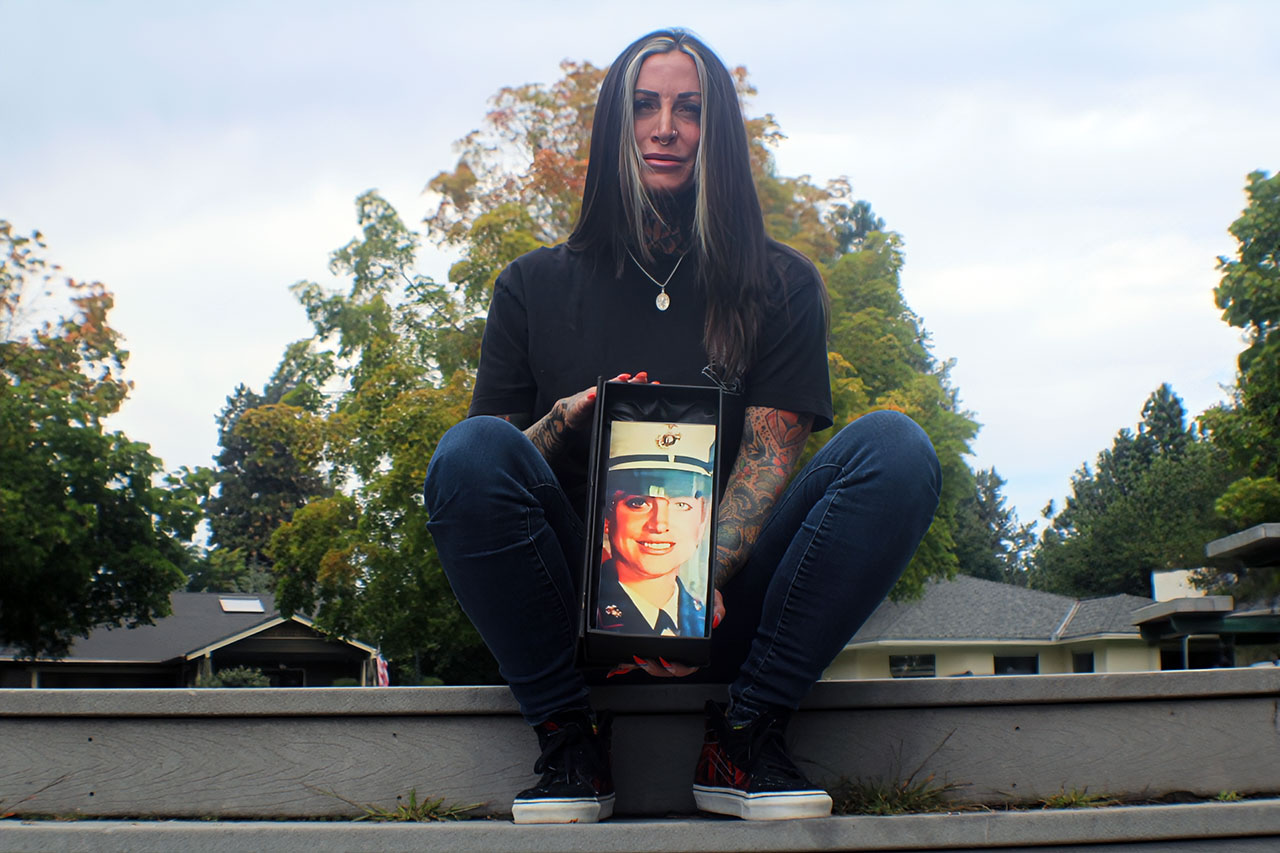
“Cherry Point, North Carolina, was my first duty station. Barely a year in, I was sexually assaulted by members of my unit. I felt ruined; there was no command support, not even therapy. I loved serving; I felt a part of something special as a com-operator. The assault and lack of support led to my military departure. Now, I’m a veteran peer support specialist in Bend; I influence all veterans to speak out about sexual assaults and how to find health resources. Providing the support I didn’t have to every veteran brings me solace.”
Kristi Russ
U.S. Coast Guard (2002-2006)
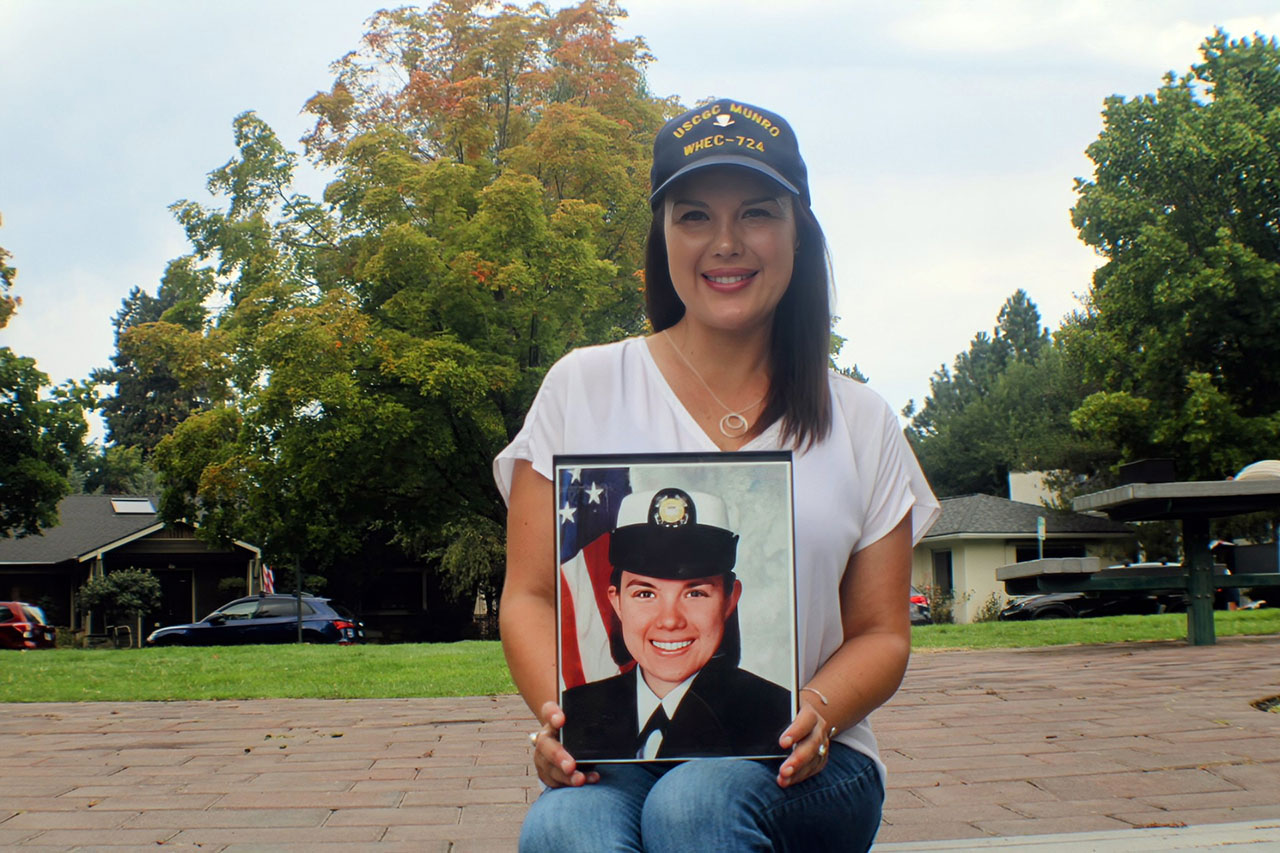
“I was stationed in Alameda, California, and assigned to a drug interdiction ship crew. My unit seized tons of cocaine and detained smugglers attempting U.S. entry, towing or destroying their boats. We had 110 crew members, 10 of whom were females. Our crew was like family, but our expectations from leaders were unequal. When men make mistakes, they were viewed as an individual’s flaw. For females, mistakes were usually seen as a collective gender flaw. I would do it all again. It was an honor serving alongside both men and women who deserve equal recognition.”
Anita Sergeant
U.S. Navy, Aviation Supply Operator (1990-1995)
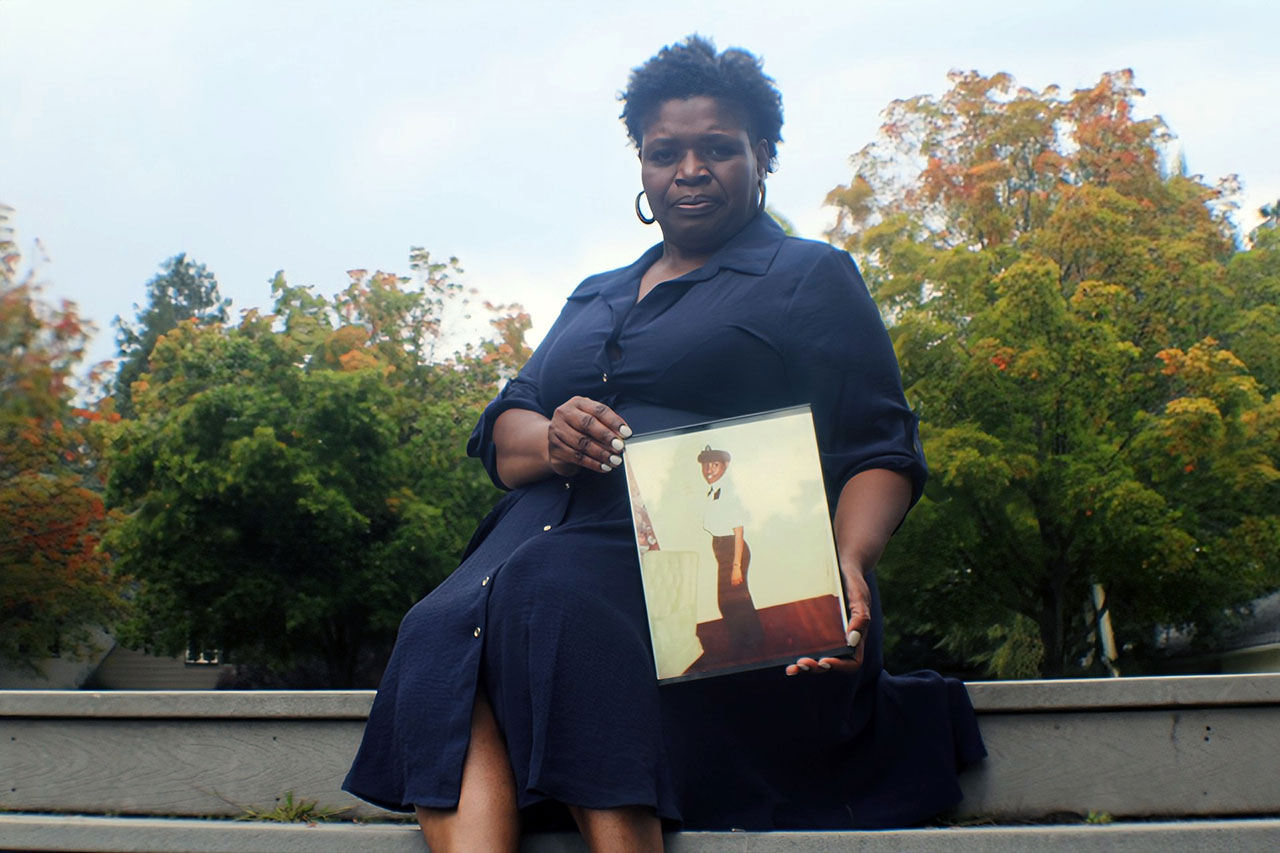
“I was stationed in Norfolk, Virginia. At only 21, I managed millions of dollars working in administration. During the audits, I was responsible for balancing the budget for mission success and couldn’t be a penny off. Being an African American female adds to the pressure. All female service members were judged as a collective. However, supervisors frequently reminded me that my performance would reflect my gender and race. I’m part of the first generation in my family to serve, and it’s an honor. Every gender and race contributed to our nation’s military legacy.”

